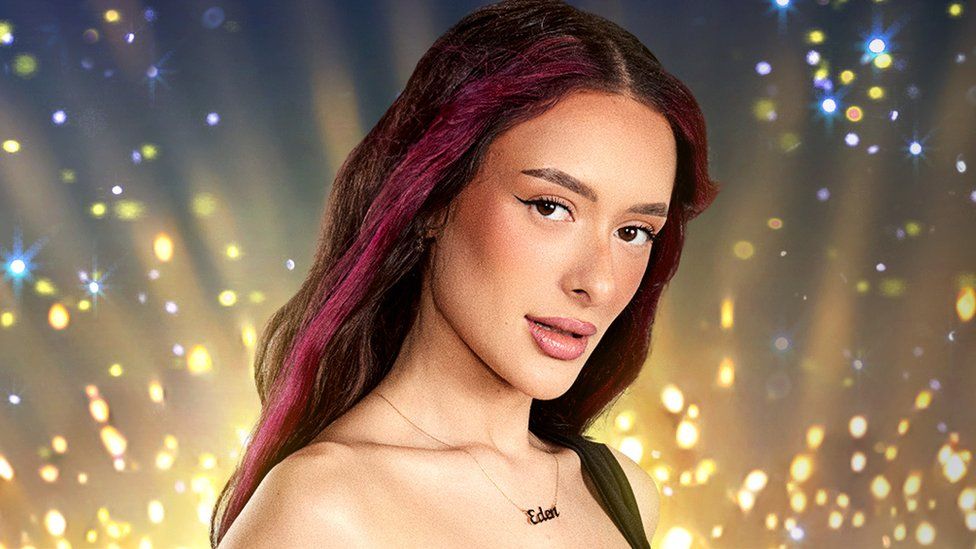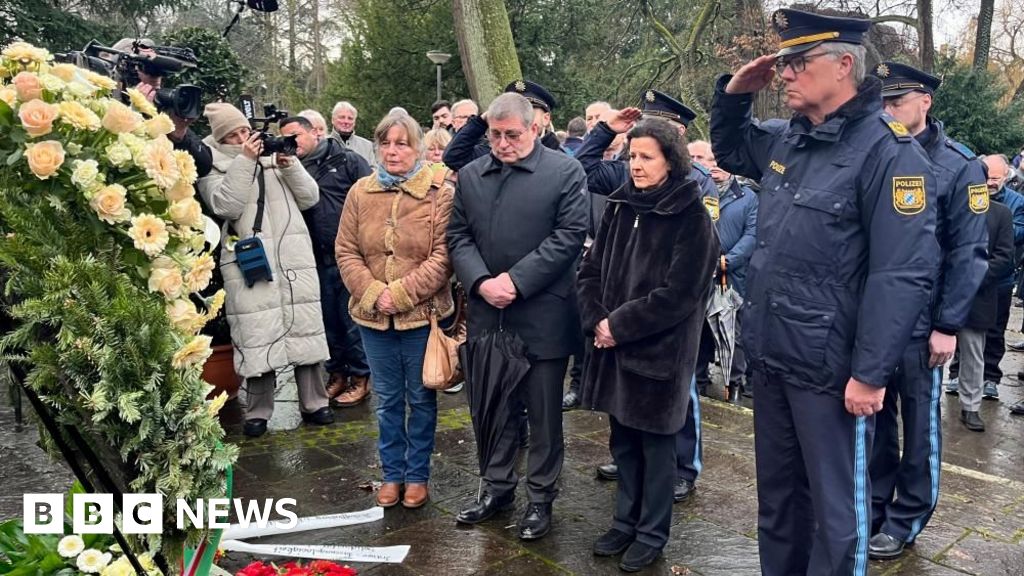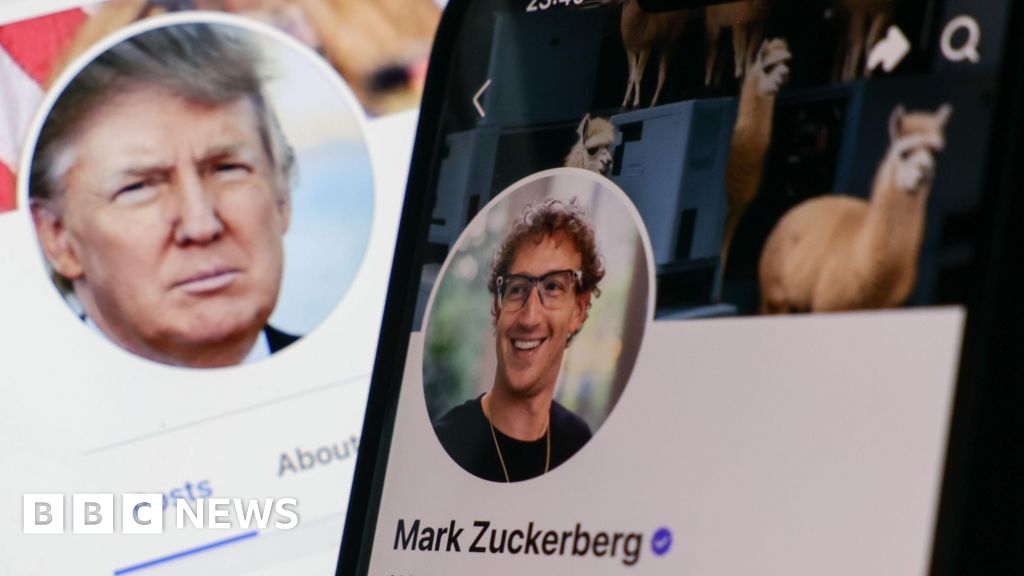ARTICLE AD BOX
 Image source, Shai Franco
Image source, Shai Franco
Eden Golan was born in Israel and raised in Russia
By Mark Savage
BBC Music Correspondent
Singer Eden Golan has been chosen to represent Israel at the Eurovision Song Contest, as organisers face calls to ban the country over the war in Gaza.
Golan, 20, was selected in a TV talent show after performing Aerosmith's I Don't Want To Miss A Thing.
She dedicated the song to the more than 130 Israeli hostages still being held in Gaza. "We won't truly be OK until everyone returns home," she said.
But musicians in several countries have called for Israel to be suspended.
In December, Iceland's Association of Composers and Lyricists published a statement saying Israel's military action in Gaza made its participation incompatible with an event "characterised by joy and optimism".
A petition calling for Israel to be expelled has garnered about 10,000 signatures - almost 3% of the country's population. If Israel is allowed to perform, Iceland should pull out, it said.
In Finland, a petition signed by more than 1,400 music industry professionals accused their national broadcaster Yle of double standards, saying it was among the first to demand the ban on Russia after its invasion of Ukraine in 2022.
"We expect the same active defending of values from Yle now as well," they said.
Image source, Getty Images
Image caption,Swedish pop star Robyn is among the artists calling for a boycott on Israel
Musicians in Norway and Denmark have written similar letters, while a Swedish open letter - signed by pop stars including Robyn, Fever Ray and First Aid Kit - accused Israel of war crimes.
"Allowing Israel's participation undermines not only the spirit of the competition but the entire public service mission," they wrote.
Before he was selected to represent the UK, Olly Alexander also endorsed a statement accusing Israel of genocide.
An Israeli official later told the UK's Telegraph newspaper the arguments were "absurd" and accused Alexander and his fellow signatories of "anti-Israel bias".
'Not a political contest'
So far, Eurovision organisers have resisted calls for Israel's exclusion, saying the situations in Ukraine and Gaza are different.
"Comparisons between wars and conflicts are complex and difficult and, as a nonpolitical media organization, not ours to make," Noel Curran, the director general of the European Broadcasting Union, told the New York Times.
"We understand the concerns and deeply held views around the current conflict in the Middle East," he said. However, he added, Eurovision was "not a contest between governments".
The Palestinian Islamist group Hamas, which governed Gaza, launched an unprecedented attack on Israel on 7 October, which killed 1,300 people - mainly civilians. The group took about 250 people back to Gaza as hostages. The attack triggered Israel's military offensive, which has killed nearly 28,000 Palestinians - mostly women and children - according to Gaza's Hamas-run health ministry.
Image source, Getty Images
Image caption,Pop star Noa Kirel took third place for Israel at last year's song contest in Liverpool
Israel's televised selection process itself was overshadowed by the conflict.
Initially due to air in October, it was postponed after the Hamas attack. Three singers who had auditioned for the show were among the concertgoers massacred by gunmen at the Supernova Music Festival.
Another contestant - 26-year-old Shaul Greenglick - dropped out of the contest in December when his military reservist duty resumed, and was killed in Gaza on 26 December.
His family performed a song in his memory during the final of the show, called Hakochav Haba (The Next Star).
Despite calls for Israel to be excluded, the country is currently fifth favourite to win with bookmakers - with some expecting a surge of support for it.
Speaking after her selection, Golan said she hoped to carry a positive message to the contest in Sweden.
"It's a dream, in particular this year, when it has even more meaning," she said. "It's to show the whole world who we really are, and to bring our country in three minutes to the stage, and to show our emotion and our strength and our people - that we are here, forever, together."
Israel's public broadcaster, Kan, which is responsible for organising the country's entry, has stipulated her song must contain some Hebrew lyrics, "in light of the complicated period".
Golan, who was born in Israel but raised in Russia, won't be the only Israeli on the Eurovision stage this year - Luxembourg's Tali Golergant is also an Israeli native.

 11 months ago
55
11 months ago
55








 English (US) ·
English (US) ·